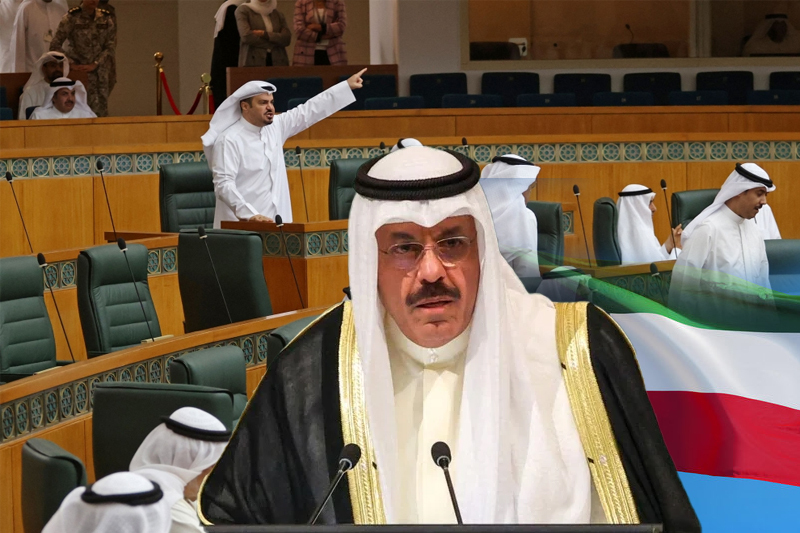
Kuwait gets its seventh government in three years of deep political crisis
The only Gulf Arab state to have an elected government and one of the largest producers of crude oil in the world, Kuwait on Sunday announced its seventh government in three years of deep political turmoil.
A long-running crisis between the elected parliament and the government has stalled fiscal reforms, including a debt law allowing the country to tap international markets.
Kuwait started following a parliamentary system in 1962, but constant political troubles have triggered state paralysis. The previous government had resigned just three months after taking office, in January, owing to renewed friction with parliament.
Keep Reading
Current Emir Nawaf Al-Ahmad Al-Sabah, 85, has stepped back from the political world in favour of Crown Prince Meshal Al-Ahmad Al-Jaber Al-Sabah, 82. Last month, the crown prince re-appointed Ahmad Nawaf Al-Ahmad Al-Sabah as prime minister and asked him to nominate a cabinet.
“A decree from the Emir has been issued [to validate] the formation of the new government,” the government took to Twitter on Sunday to make the announcement. The son of Kuwait’s ruler, this will be his fourth government since last August.
Despite holding one of the world’s largest oil reserves, educational and medical services in the country are in decay because of the endless political troubles. Kuwait encounters constant friction between elected lawmakers and cabinets installed by the Al-Sabah family, which has a considerable grip over the political scene.




